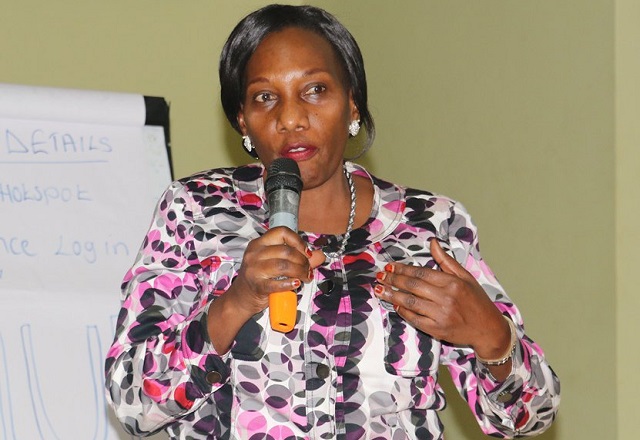
Kampala, Uganda | THE INDEPENDENT | Uganda might take longer to achieve universal health coverage through a national health insurance scheme. This is according to Commissioner in Charge of Planning at the Ministry of Health Dr Sarah Byakika.
“You cannot achieve health insurance for all in one year. Even those that started such schemes long time ago are still enrolling people. Ensuring 100 per cent coverage is a process,” Byakika said in response to concerns raised on delays in approving legislation for the provision.
The Ministry of Finance, issued a Certificate of Financial Implication for the National Health Insurance Scheme (NHIS) Bill in April 2017, allowing the Health Ministry to present the draft law before parliament for discussion. It was projected back then, that the scheme would start in in financial year 2018/2019.
According to the certificate, the government and private employees were to contribute 4 per cent of their monthly salary to the NHIS while employers would contribute 1 per cent of each employee’s monthly salary. Self-employed individuals were expected to pay 100,000 Shillings per year and pensioners to contribute 1 per cent of their monthly pension payment. It further indicates that the government would continue to fund the provision of free health services in health facilities until every Ugandan is enrolled in the National Health Insurance Scheme.
But despite securing the certificate of financial implication, the bill has not been tabled before parliament. Instead, Bukuya County MP Dr Michael Bukenya started a new process which would enable him to present a private members bill on the health insurance scheme. Reports indicate that the bill was delayed by a disagreement in the cabinet on the omission of the informal sector among contributors to the scheme.
Byakika explains that the reason they had initially left out the informal sector is the fact that determining their contributions would be tricky, unlike the formal sector where information can easily be attained from employers.
“For instance, the draft bill provides for the establishment of a National Health Insurance scheme and yet actually it was only going to look at those that are formally employed for contributions. That’s a very small proportion. The informal sector has the richest and the poorest”
Dr Diana Atwiine, the Permanent Secretary of the Ministry of Health said that most of the contentious issues have since been refined and the draft sent back to cabinet for review.
“The Attorney General wanted to add some things because he felt it wasn’t addressing certain aspects and they requested that it’s withdrawn. They went and worked on it and then we submitted it again to the cabinet. It is going to be put on agenda before the end of this month”, Dr Atwiine said.
Dr Atwiine is however positive that there will be a breakthrough this time and warns that starting the whole process afresh by a private member will be more tasking.
“The concern of parliament was that it’s taking long. but what is remaining to go to parliament, the processes are shorter on the cabinet side than an individual MP. Securing a certificate of financial implication alone takes forever,” she added.
For instance, Kyenjojo woman MP and Vice Chairperson of the Health Committee Spellanza Baguma Muhenda says having the law in place will help in mitigating the shocks caused by ill health and improve access to healthcare for low-income families.
What is currently available is private health insurance where only about 150,000 people out of the over 40 million Ugandans are insured. The small number is partly because many can’t afford the huge annual premiums that come with the service.
A few others are insured through informal schemes under the arrangement of community health insurance where members make small monthly contributions of amounts to the lows of 10,000 Shillings but have no legal frameworks for protection in case of eventualities like fraud or breach of contract.
*****
URN
 The Independent Uganda: You get the Truth we Pay the Price
The Independent Uganda: You get the Truth we Pay the Price



